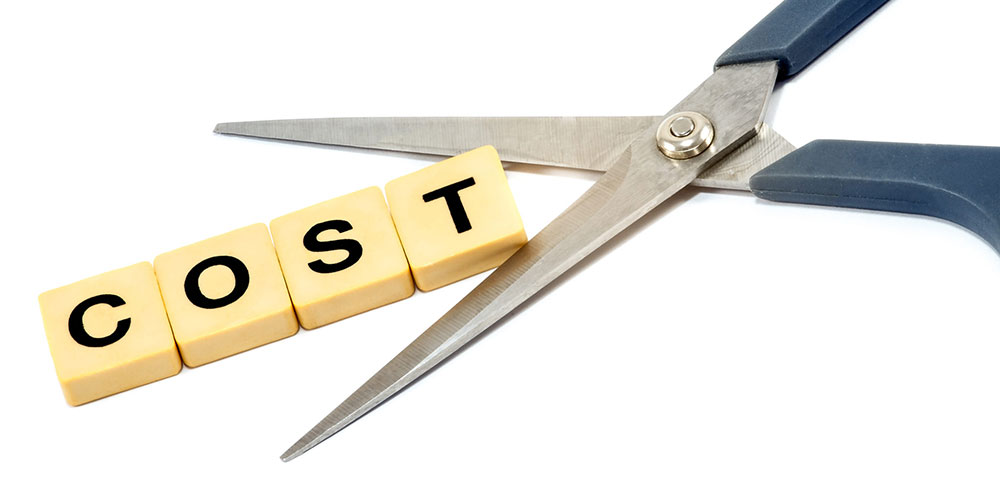We know some businesses see us employment lawyers as necessary evils. They are “forced” to hire us when employees bring what they believe are bogus employee claims. They moan about the time on the phone with us; the time spent gathering documents; and the complexities of the legal process. And, they complain about our bills. Here are some tips to help keep your company’s legal fees down:
Hire us sooner. Don’t call us after you’ve fired the pregnant lady and gotten a lawsuit for doing so. Call us before you act in these delicate situations. Don’t call us after the DOL has made an adverse finding about your pay practices. Call us when you first get the DOL letter or, better still, call us to audit your practices before the DOL comes knocking. It costs less in legal fees to make sure your business is in compliance with the law, and to help you correct areas that are not, than to face the costs of a litigation or DOL audit.
Don’t do it yourself. Don’t try to represent your company before the state or federal DOL, or before the EEOC or your state fair employment practices agency. You could wind up paying employment counsel to fix whatever was done—simply because you did not know the law. What is said to these agencies verbally or in writing has legal consequences, even if you did not “mean” it that way. Better to do it right the first time, than do it over. (Especially where there may be no “do-over.”)
Keep proper personnel records. Documentation showing that the employee had repeated performance problems, was counseled multiple times, and let go after signing a warning memo, goes a long way to prove that the termination was not discriminatory. If these records are legible, clearly specify the date events occurred, contain the full names and job titles of the people involved, and are written with an eye that they may be read in the future by someone who doesn’t know your business or the people involved, those documents will not only provide the company with potential defenses to the case, but will save me time piecing together what happened. This is especially important because managers leave, or worse, die, and their memories of what occurred go with them.
Gather information we're going to need at the start. When you tell us your company has received a claim from an employee or former employee, we'll ask you to send us everything about that employee—their personnel file, pay records, attendance records, managers’ notes, emails, etc. Gather these materials at the outset, rather than sending things piecemeal over the months (or years) of the litigation. When a client keeps sending things that they “just found,” not only does it take more lawyer-time to analyze (and determine if we already have it), it may affect the story we’re trying to tell. It’s OK if documents and information show up later. It is just to your advantage to make a diligent search at the outset.
Don’t write on documents. If you need to explain a document you are sending to us, don’t write on the document. Add a separate note. Otherwise, someone then has to spend time redacting off the handwriting. Or worse, we could send a document to the adversary, or the EEOC, with your written note that I did not know was only intended for me.
Help me understand the situation. Legal situations have two parts – (1) the facts and (2) the law. You know the facts. We know the law. Together, we fit them together to shoot for the best possible result. That’s why we need you to give us all the facts. Gather the relevant documents, including e-mail. Outline a chronology of events. List all the “cast of characters,” including their names and job titles. Give me an org chart. Sometimes a map of the office is key—whatever you can give me to help me understand what happened (or didn’t happen). The more you can prepare for us, the less time we have to spend figuring it out.
Don’t withhold information from us. Once you’ve hired us, don’t withhold information because you (or another) did something wrong. Better we know and can prepare for the worst, than you get caught unprepared on the witness stand. And that goes along with . . . Don’t lie to us. That’s why there is an attorney/client privilege. We're required to keep your secrets. Moreover, if we don’t know them, we can’t give you proper advice as your legal counselor.
Remember, we're on your team. Our purpose is to work with our clients to get the best result possible in what are sometimes some pretty terrible situations. Even when the plaintiff’s claims are completely fabricated, there’s still a legal process to go through in order to prove it. Getting there can be costly, time-consuming and frustrating. We know that.
A good employment lawyer is going to partner with your company so that you can get on with the business of selling your products or services, while helping you to either vigorously defend the company or to come to an amicable (or not so amicable) settlement. There are many factors that affect the cost of an employee lawsuit (not the least of which is unexpected actions by the adversary or government agency that we can’t predict). However, these tips address areas that are within the company’s control that can help you work with your lawyer to limit those fees.
